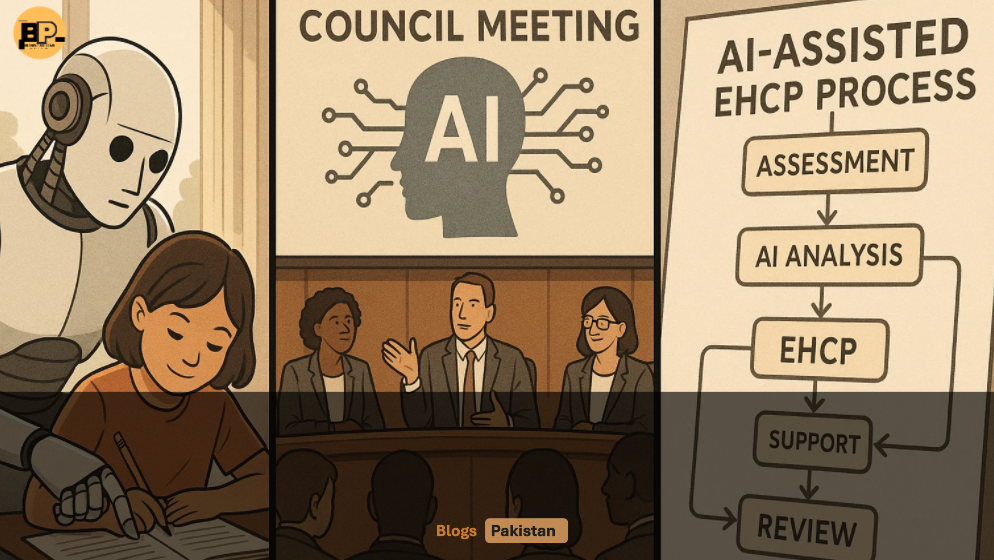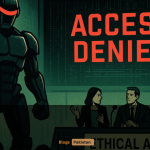The Future of Education Planning is Here (and It’s Powered by AI)
Imagine this: A tired council worker stares at a mountain of paperwork for children’s special educational needs reports. The clock is ticking, parents are waiting, and the coffee has run out. Enter Artificial Intelligence (AI)—the unlikely hero stepping in to cut through the red tape.
That’s exactly what’s happening in Somerset, England, where the local council is testing Artificial Intelligence to speed up special needs assessments. The goal? Reduce times, free up staff for real human interaction, and maybe—just maybe—make the system work better for kids who need it most.
But before we declare robots the saviors of education, let’s ask: Is this genius innovation or a privacy nightmare to happen?
Why is Somerset Council Turning to AI?
1. The Paperwork Problem
Writing Education, Health, and Care Plans (EHCPs) is a time-consuming, bureaucratic beast. These reports determine what support vulnerable children receive—but delays can leave families months or even years.
Artificial Intelligence could automate the first draft, letting human caseworkers focus on personalized care instead of paperwork.
2. Following the Trend
Somerset isn’t alone. Other UK councils are already using Artificial Intelligence for drafting reports, proving that:
- AI = Faster paperwork
- Humans = More face-to-face time
- Parents = (Hopefully) Happier
3. The Big Promise
Councillor Heather Shearer (Liberal Democrat) says Artificial Intelligence will be used “with consideration and care.” Translation: No robot overlords—just smart assistants.
How Will AI Actually Help?
Step 1: AI Writes the First Draft
The Artificial Intelligence scans existing data and generates a basic EHCP draft—saving hours of manual work.
Step 2: Humans Take Over
Caseworkers review, edit, and add the human touch—ensuring reports are accurate and compassionate.
Step 3: More Time for Families
Less paperwork = More one-on-one support for kids and parents.
The Big Concerns: Data, Privacy, and Trust
1. “Is My Child’s Data Safe?”
Parents worry about sensitive information being fed into Artificial Intelligence systems. Ruth Hobbs of the Somerset Parent Carer Forum admits there are “benefits but also concerns.”
2. Will AI Miss the Nuances?
Special needs assessments require deep understanding—can a robot really capture a child’s unique needs?
3. Who’s Responsible if Artificial Intelligence Gets It Wrong?
If the Artificial Intelligence messes up, does the blame fall on the council, the software, or the poor caseworker stuck fixing it?
What’s Next for AI in Education?
1. More Councils Will Jump Onboard
If Somerset’s trial works, expect AI-assisted reports to spread across the UK—and maybe even to India and Pakistan, where education systems face similar bureaucratic delays.
2. Smarter Artificial Intelligence = Better Personalization
Future Artificial Intelligence tools could analyze speech patterns, learning behaviors, and medical data to create hyper-personalized education plans.
3. The Ethical Debate Will Rage On
- Privacy advocates will demand stricter data controls.
- Teachers’ unions might resist “robot interference.”
- Tech companies will push for wider adoption.
Final Verdict: A Cautious Step Forward
Artificial Intelligence won’t replace human caseworkers anytime soon—but if it cuts waiting times and reduces burnout, it could be a game-changer. The key? Keeping humans in the loop and parents in the know.










